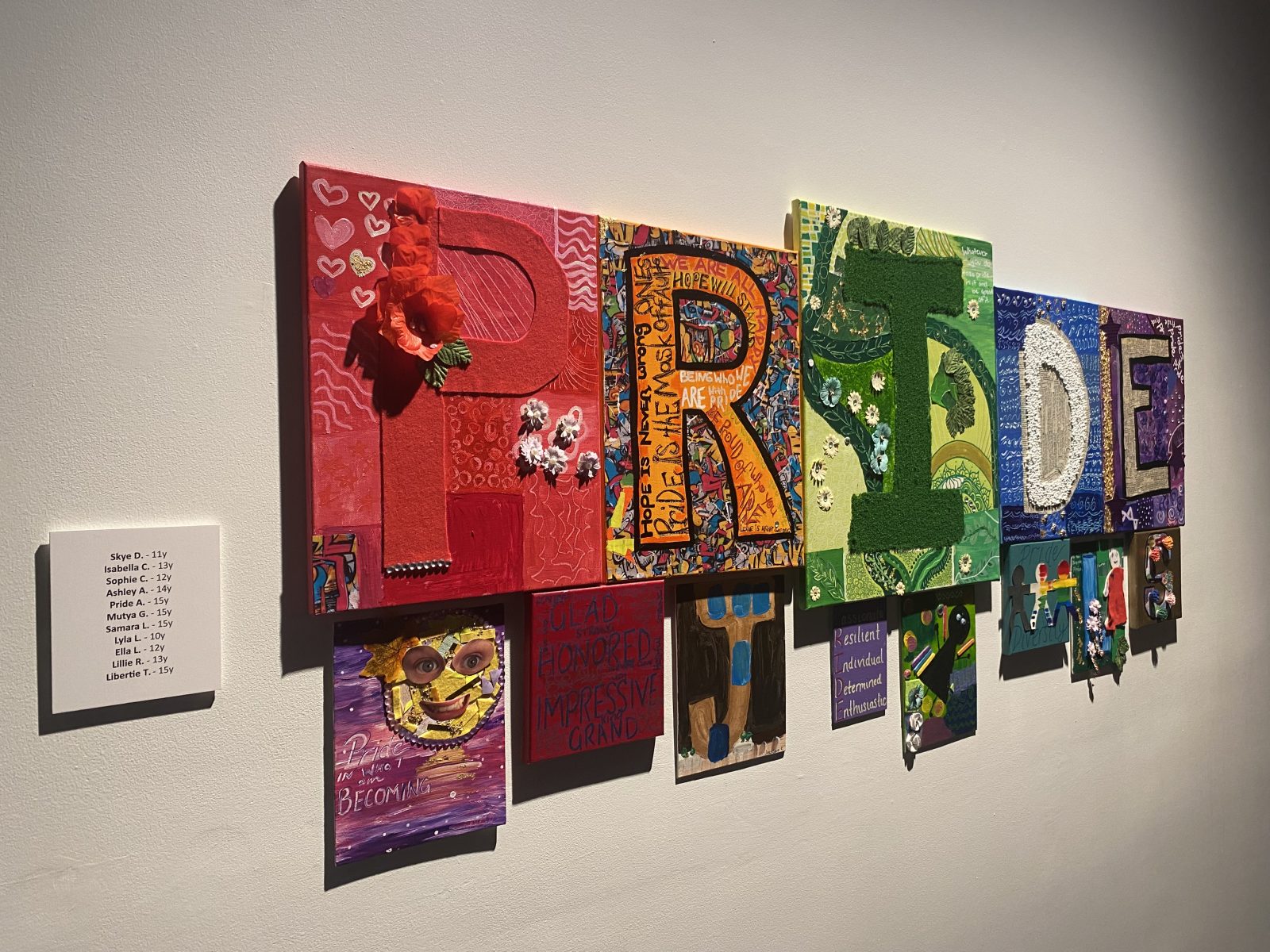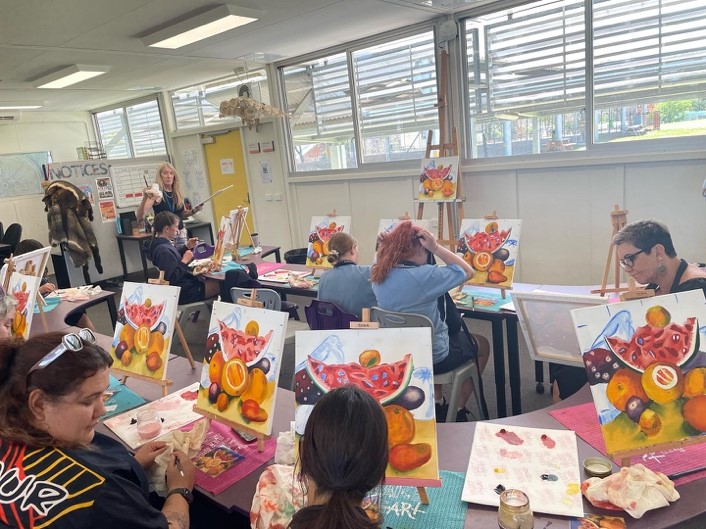What is mindfulness?
Mindfulness is the art of being in the present moment, free from the shackles of the past or the uncertainties of the future. It’s an acute awareness of one’s surroundings, fully engaged in the unfolding present without the burden of judgment.
The Mind’s Tug-of-War: Our minds often become entangled in worries, entwined with the threads of the future or past, preventing us from relishing the beauty of the current moment.
The Pause That Refreshes
Mindfulness offers a respite from the relentless pace of everyday life, allowing us to be wholly present. It’s about extending kindness and compassion to ourselves as we navigate the currents of our thoughts.
How Does Mindfulness Help?
Mindfulness acts as a regulator for our nervous system and a reset button for our minds. It’s crucial to recognize that during mindfulness, our minds will wander naturally. Rather than fearing or judging these thoughts, we can acknowledge them and gently guide our focus back to the mindfulness practice at hand.
Embracing the Pause:
While we can’t eliminate challenging thoughts, memories, or emotions, mindfulness empowers us to take a step back, creating a pause or reset from these mental patterns. It allows us to detach from these thoughts, exist outside our minds, and simply be in the present moment.
Transformative Effects
Individuals incorporating daily mindfulness practices report lower stress, frustration, and sadness, coupled with elevated levels of happiness, patience, acceptance, and compassion.
Incorporating Mindfulness into Daily Life
- Take 2 minutes to bask in the feeling of sun rays on your skin, embracing the sensations and sounds of the environment.
- Practice mindful eating by slowing down and savoring the texture and taste of your meals.
- Immerse yourself fully in creative activities, such as painting, relishing every brushstroke and emotion.
- Label five things you can see, smell, taste, feel, and hear in the current moment.
Structured Activities
Structured mindfulness activities, like meditation or guided breathing exercises, are also beneficial. For beginners, this guided meditation serves as an excellent starting point.
Getting Support
If you or someone you know could benefit from any of our Upper Hunter Youth Services support services including seeing our Adolescent and Family Councillor, our Family Support Worker or even visiting our Youth Programs Centre, simply request a call back today and we will be in touch to help you in find the support you need.
Author
Taya King
Adolescent & Family Counsellor, Upper Hunter Youth Services


